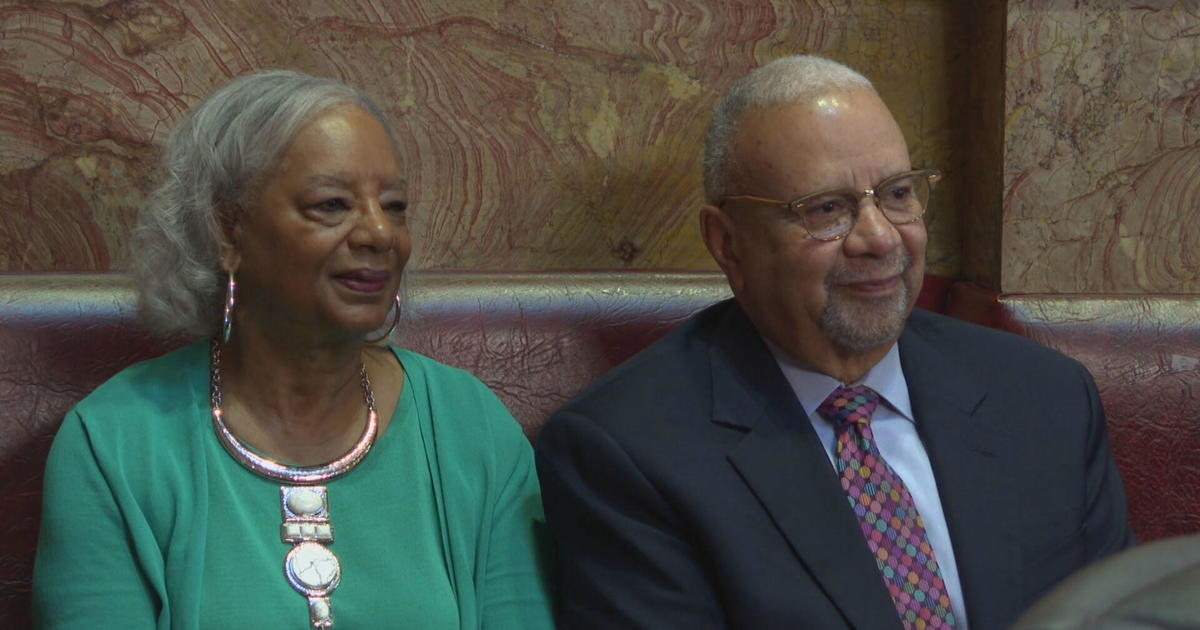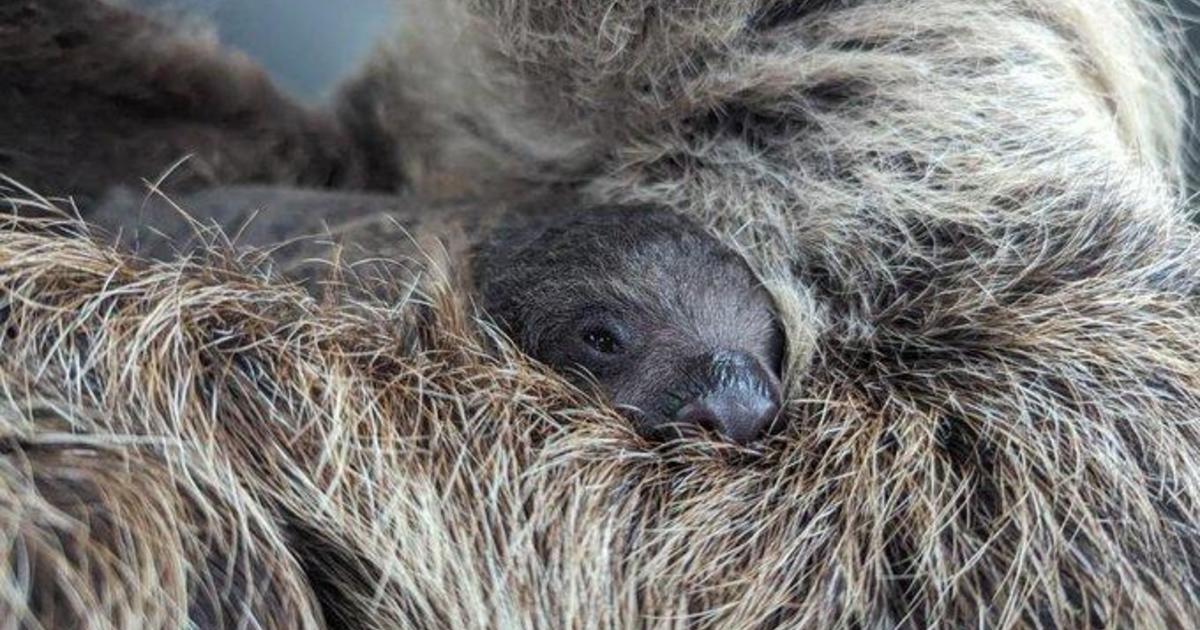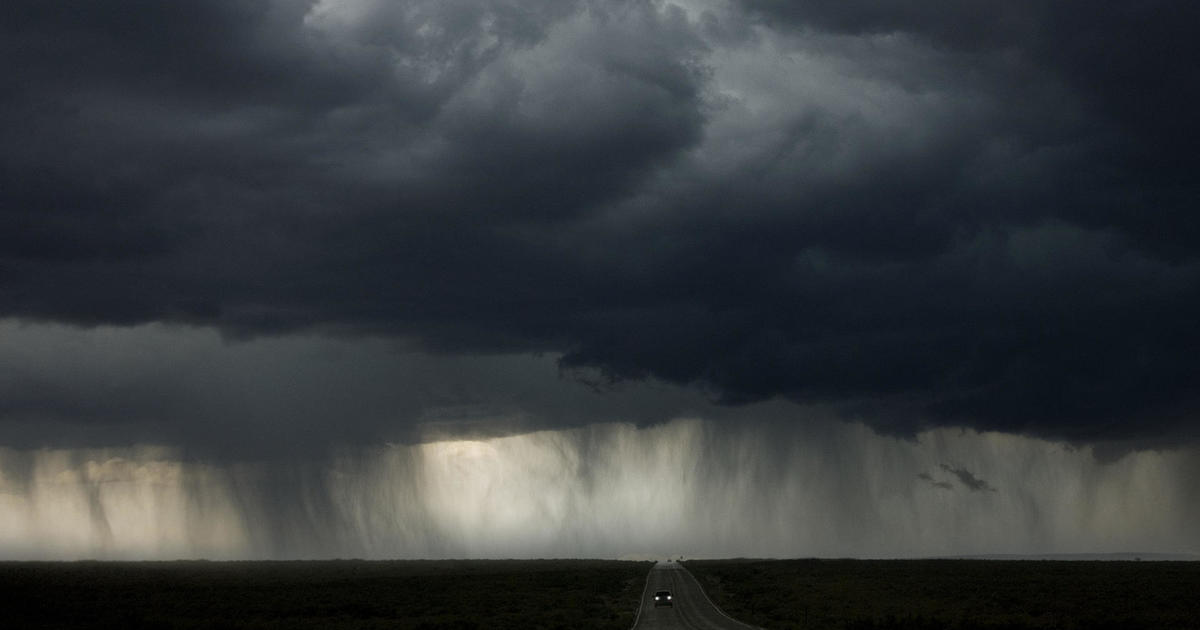Dr. Dave Hnida: Even With Added Precautions, Degree Of Risk Is Involved In Airline Travel
Here at CBS4, we are committed to bringing you all of the latest coronavirus information. We also want to bring it to you with as much context as possible. That's why every week CBSN Denver gets your coronavirus questions answered by a doctor, during a special segment called "Q&A with Doctor Dave."
DENVER (CBS4) - Airlines are taking extra steps to protect passengers during the COVID-19 pandemic. Still, is it truly safe to fly? CBS4 Medical Editor Dr. Dave Hnida says even with the added precautions, there is a degree of risk involved.
"When you look at some of the pictures that are coming from airline passengers, not only are people squished together but it's a situation where masks are often not being used properly," said Hnida. "You are in an enclosed cabin and you are with people for an extended period of time. So I think there is going to need to be quite a bit more tweaking before you can say, I can fly and we're good to go."
The state is allowing restaurants to open in limited capacity Wednesday, but Colorado Gov. Jared Polis has not said much about if and when bars will be able to reopen. We asked Hnida why restrictions on them are necessary.
"Bars are a place where spread is going to be much more possible than in another setting. There is no social distancing," said Hnida. "Bars are going to be especially challenging."
Wearing masks has become the new normal for all of us. But could it be restricting your air intake and put your health at risk? Hnida says it's perfectly safe.
"In hospitals, staff wear masks for 12 hours at a time. I go in and I do surgery and wear a mask for 6 hours at a time. Things like oxygen are smaller than viral particles and are easily able to get in and through a mask," said Hnida. "So you are not at risk for having a lack of oxygen."
Many people think of coughing and sneezing as obvious ways to spread coronavirus. But Hnida says even just talking is spreading the virus.
"When you talk with somebody, you end up putting out 2,000 particles per minute. These particles can stay in the air for up to 14 minutes," says Dr. Dave. "The good news is the particles tend to drop off to the ground at five or six feet. That's why wearing masks, and six feet social distancing are so important."



